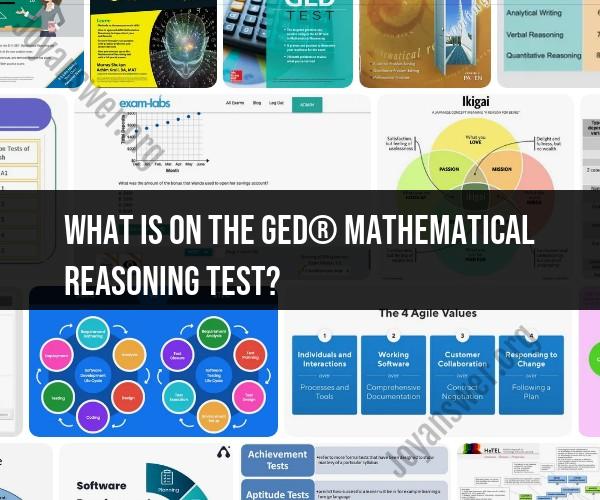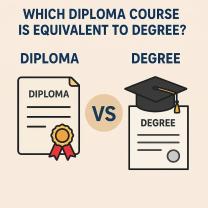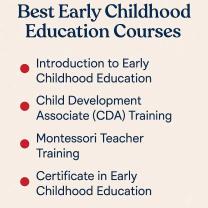What is on the GED® Mathematical Reasoning Test?
The GED® Mathematical Reasoning Test is one of the four subject tests that make up the General Educational Development (GED) exam. This test assesses your mathematical skills and problem-solving abilities. Here's an overview of the content covered on the GED Mathematical Reasoning Test:
1. Basic Math Skills:
- Whole numbers
- Fractions
- Decimals
- Percents
- Integers
2. Algebraic Expressions:
- Evaluating and simplifying expressions
- Solving equations and inequalities
- Exponents and radicals
3. Interpreting and Constructing Mathematical Models:
- Analyzing and interpreting data presented in graphs and charts
- Constructing and solving mathematical models from real-world situations
4. Geometry:
- Properties of shapes (e.g., angles, lines, triangles, circles)
- Perimeter, area, and volume
- Coordinate geometry
- Transformations (reflection, rotation, translation)
5. Measurement:
- Units of measurement
- Converting between different units
- Measurement of geometric shapes
6. Number Operations and Number Sense:
- Arithmetic operations (addition, subtraction, multiplication, division)
- Word problems involving numbers
7. Data Analysis and Statistics:
- Analyzing data sets, including mean, median, mode, range
- Probability and statistics
8. Problem Solving:
- Application of mathematical concepts to solve real-world problems
- Critical thinking and reasoning skills
The GED Mathematical Reasoning Test includes a variety of question types, such as multiple-choice questions, drag-and-drop, fill-in-the-blank, and extended response questions. You will need to demonstrate your ability to apply mathematical concepts to practical situations and solve problems. The test is designed to assess your readiness for high school equivalency in mathematics.
To prepare for the GED Mathematical Reasoning Test, you can use study materials, practice tests, and resources provided by the official GED Testing Service or other trusted sources. Additionally, consider enrolling in GED preparation courses or classes to ensure you are well-prepared for the test.
GED® Mathematical Reasoning Test: Content and Scope
The GED® Mathematical Reasoning Test is a standardized test that assesses a student's knowledge and skills in mathematics. The test is divided into two parts:
- Part 1: This part of the test consists of multiple-choice questions that cover a variety of mathematical topics, including:
- Number sense and computation
- Algebraic expressions and functions
- Geometry and measurement
- Data analysis and statistics
- Part 2: This part of the test consists of short-answer and extended-response questions that require students to apply their mathematical skills to solve real-world problems.
Topics and Mathematical Concepts on the GED Math Test
The following is a list of topics and mathematical concepts that are tested on the GED® Mathematical Reasoning Test:
- Number sense and computation: This topic includes basic arithmetic operations, such as addition, subtraction, multiplication, and division, as well as more complex operations, such as percentages, exponents, and radicals.
- Algebraic expressions and functions: This topic includes linear equations and inequalities, quadratic equations, polynomial expressions, and rational expressions.
- Geometry and measurement: This topic includes geometric shapes and figures, their properties, and their measurements.
- Data analysis and statistics: This topic includes collecting, organizing, and analyzing data, as well as interpreting graphs and tables.
Preparing for Problem-Solving and Mathematical Reasoning
The best way to prepare for the GED® Mathematical Reasoning Test is to practice solving problems and applying mathematical concepts to real-world situations. There are a number of resources and study materials available to help you prepare for the test, including:
- The GED® Official Study Guide: Mathematical Reasoning
- The GED® Ready® practice test
- Online practice tests and tutorials
- GED® math preparation courses
Resources and Study Materials for GED Math Success
The following are some resources and study materials that can help you succeed on the GED® Mathematical Reasoning Test:
- GED® Official Study Guide: Mathematical Reasoning: This book provides a comprehensive review of the topics and concepts that are tested on the GED® Mathematical Reasoning Test. It also includes practice problems and answer explanations.
- GED® Ready® practice test: This practice test is designed to help you assess your readiness for the GED® Mathematical Reasoning Test. It includes questions that are similar to the questions that you will see on the actual test.
- Online practice tests and tutorials: There are a number of websites that offer free and paid practice tests and tutorials for the GED® Mathematical Reasoning Test.
- GED® math preparation courses: If you need additional help preparing for the GED® Mathematical Reasoning Test, you may want to consider taking a GED® math preparation course. These courses are typically offered by community colleges, adult education centers, and other organizations.
Strategies for Excelling on the GED Mathematical Reasoning Test
Here are some strategies for excelling on the GED® Mathematical Reasoning Test:
- Start early: Don't wait until the last minute to start preparing for the test. Give yourself plenty of time to review the topics and concepts that are tested on the exam.
- Create a study plan: Develop a study plan that outlines what you need to learn and how you will prepare for the test. Be sure to schedule regular practice sessions into your study plan.
- Find a study partner or group: Studying with a partner or group can be a great way to stay motivated and to practice your math skills.
- Use high-quality preparation materials: There are a number of high-quality preparation materials available for the GED® Mathematical Reasoning Test. Be sure to use materials that are aligned with the specific exam that you are taking.
- Take practice tests: Taking practice tests is a great way to assess your readiness for the GED® Mathematical Reasoning Test and to identify any areas where you need additional practice.
- Get a good night's sleep before the test: Make sure to get a good night's sleep before the test so that you are well-rested and able to focus.
- Arrive at the test center early: Arriving at the test center early will give you time to relax and get settled before the test begins.
By following these tips, you can increase your chances of success on the GED® Mathematical Reasoning Test.












